One question that comes up a lot now that former President Donald Trump has been convicted of 34 counts of falsifying business records is whether or not he can pardon himself. Unfortunately, that’s a complicated question.
Here’s how pardons work: A president has the “Power to grant Reprieves and Pardons for Offences against the United States, except in Cases of Impeachment.” per Article II, Section 2 of the Constitution.
The Supreme Court has stated that a pardon is meant to be an “act of grace,” for mercy and justice, and meant to be used in the exercise of “public interest.” It does have limitations, though. Pardons can only apply to federal crimes, meaning State and civil crime are not eligible. Trump was convicted in New York state court, so he could not pardon himself in that case, although that doesn’t mean he wouldn’t try. He would just lose in court very easily. Just like he did with the “stolen election” suits.
There are also other supposed limitations, such as a presidential pardon not putting a president above the law. This would seemingly include a self-pardon or a pardon to protect oneself. To be clear, there is no explicit language against a self-pardon. A pardon also can’t go against any constitutional rights, or undermine them.
They also can’t violate criminal law, like obstructing justice or being paid for a pardon, although there are ways around the latter. Finally, you can’t pardon in a way that will allow for future lawbreaking.
Here’s the thing to remember: these laws only work if the effectuating powers enforce them. Could Trump pardon himself if he gets elected? Well, he could do it because he’s the President. It would be challenged in court and cause a lot of issues and a potential constitutional crisis, but he could do it. The real question is, “would it work?” That question can only be answered if or when that happens.

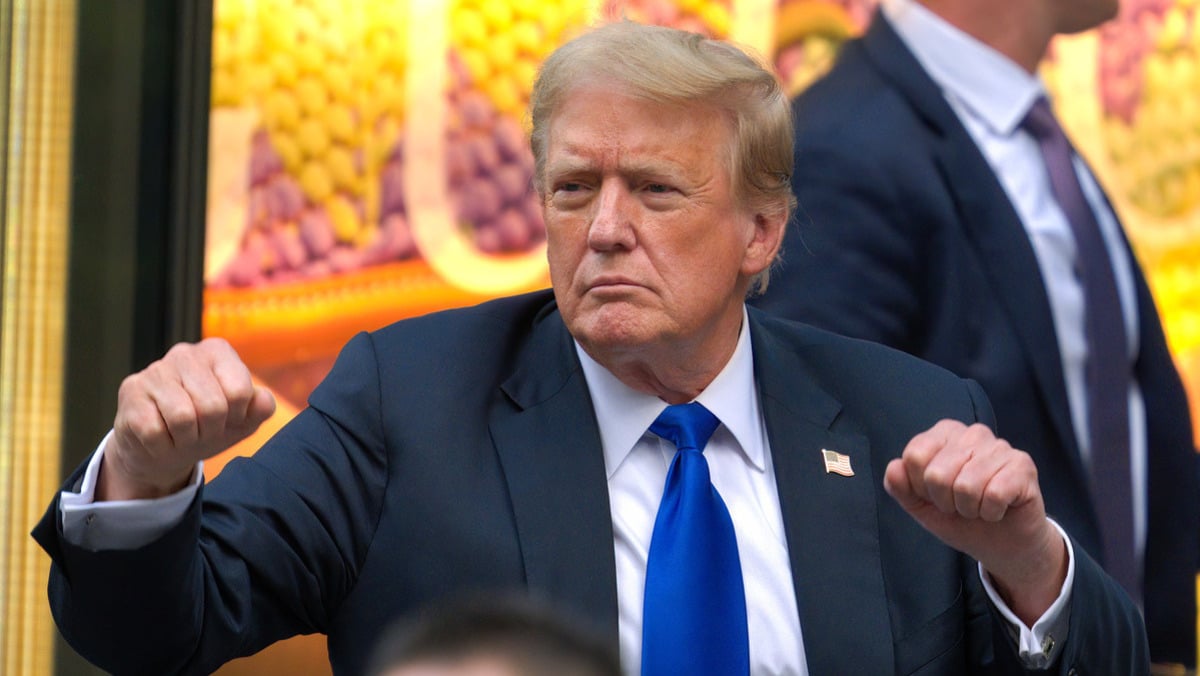
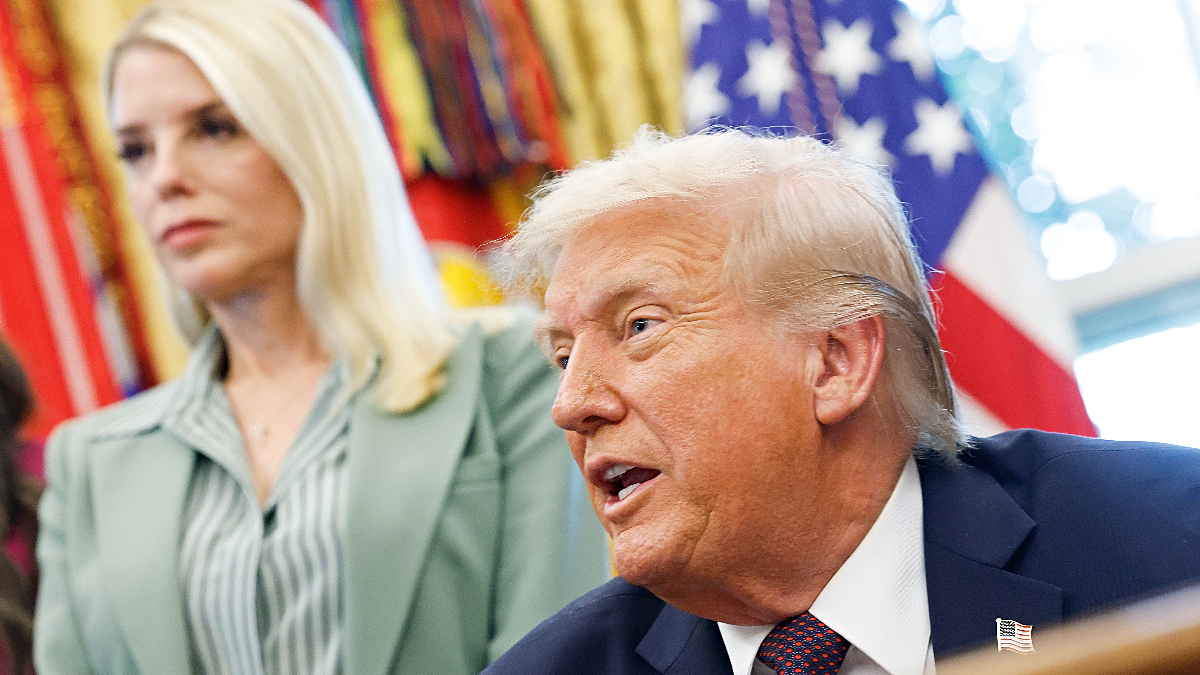
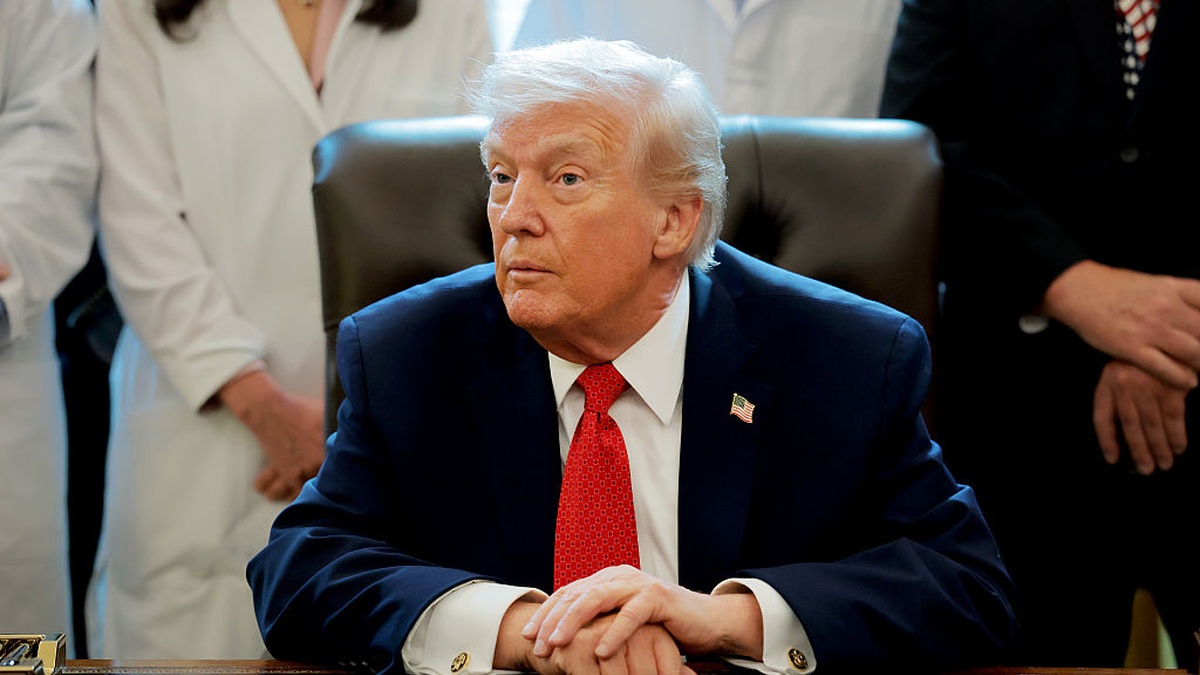

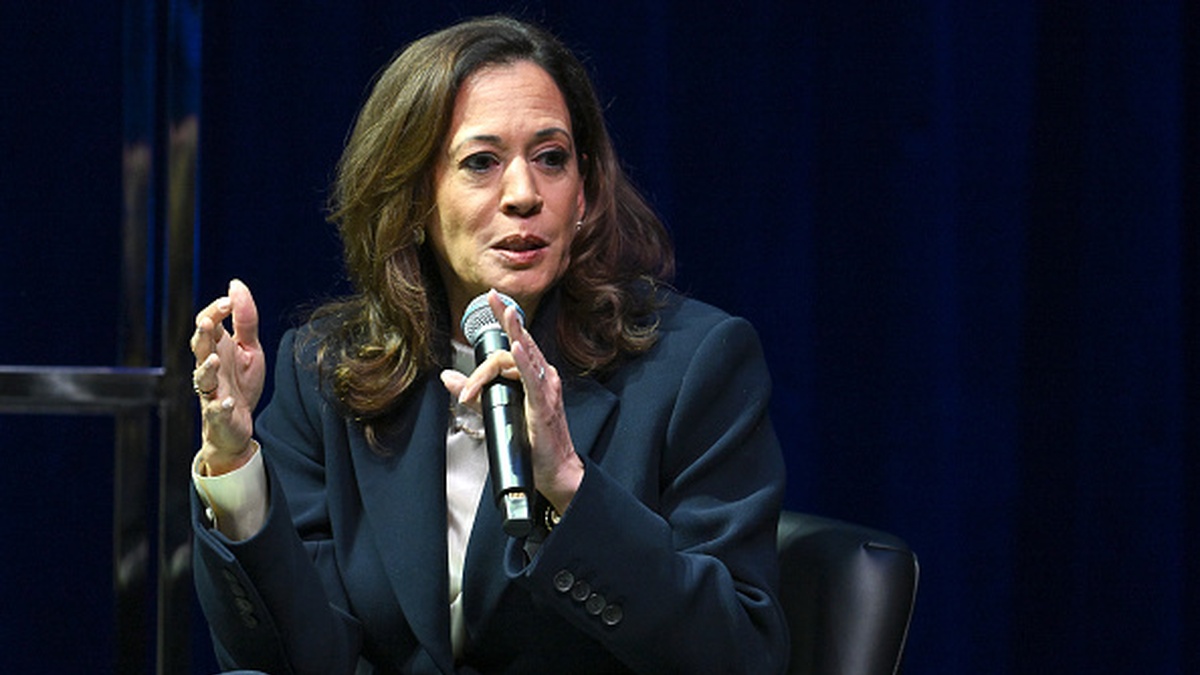
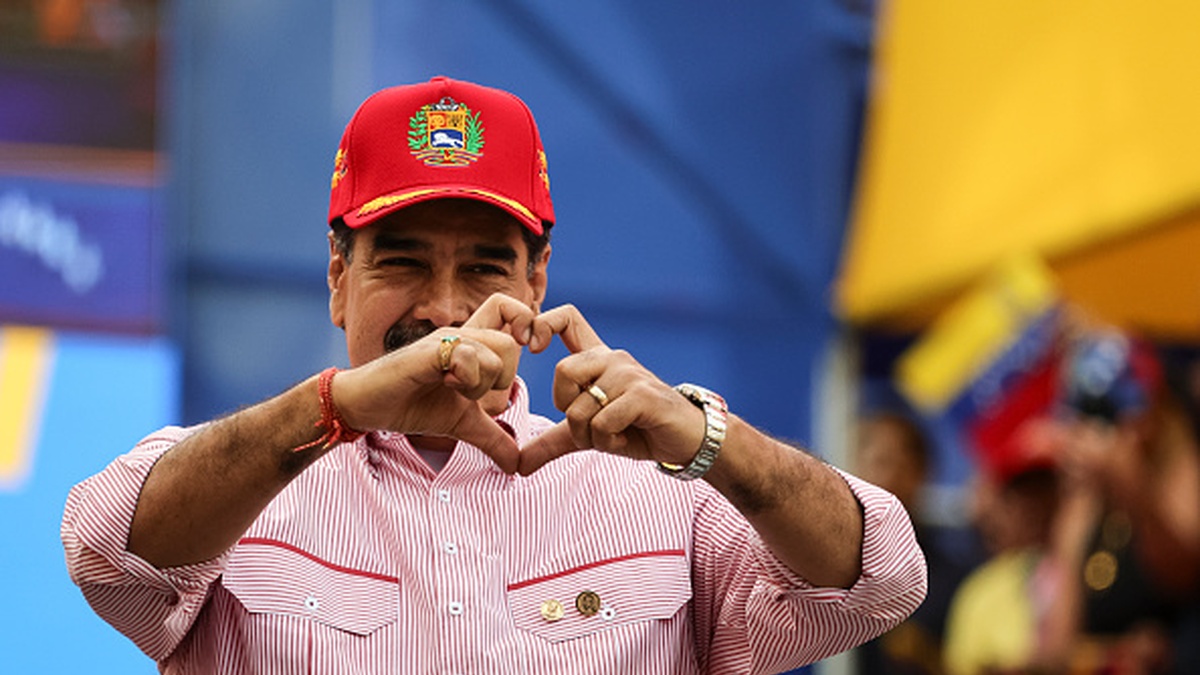
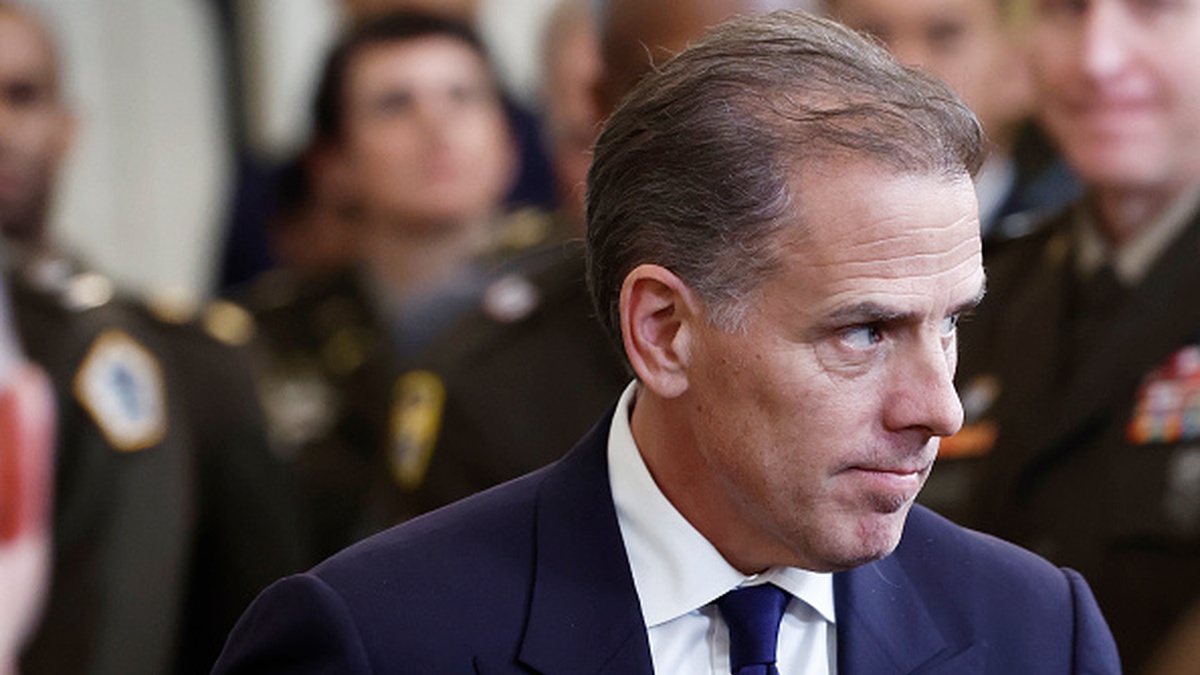
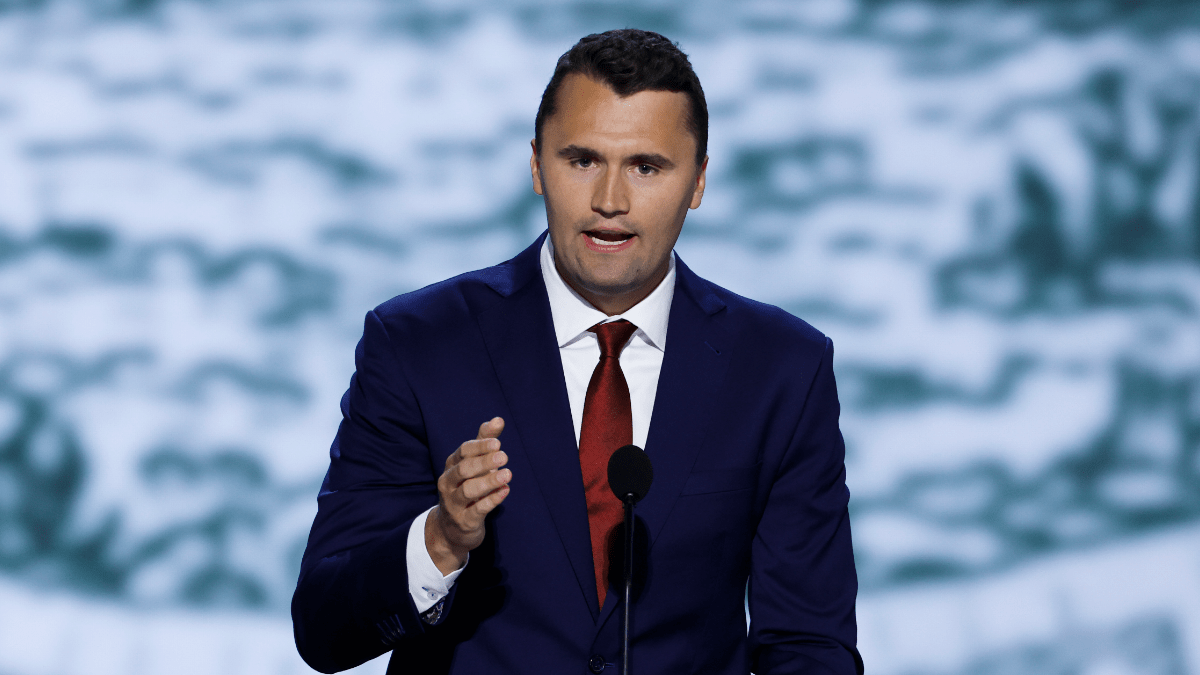
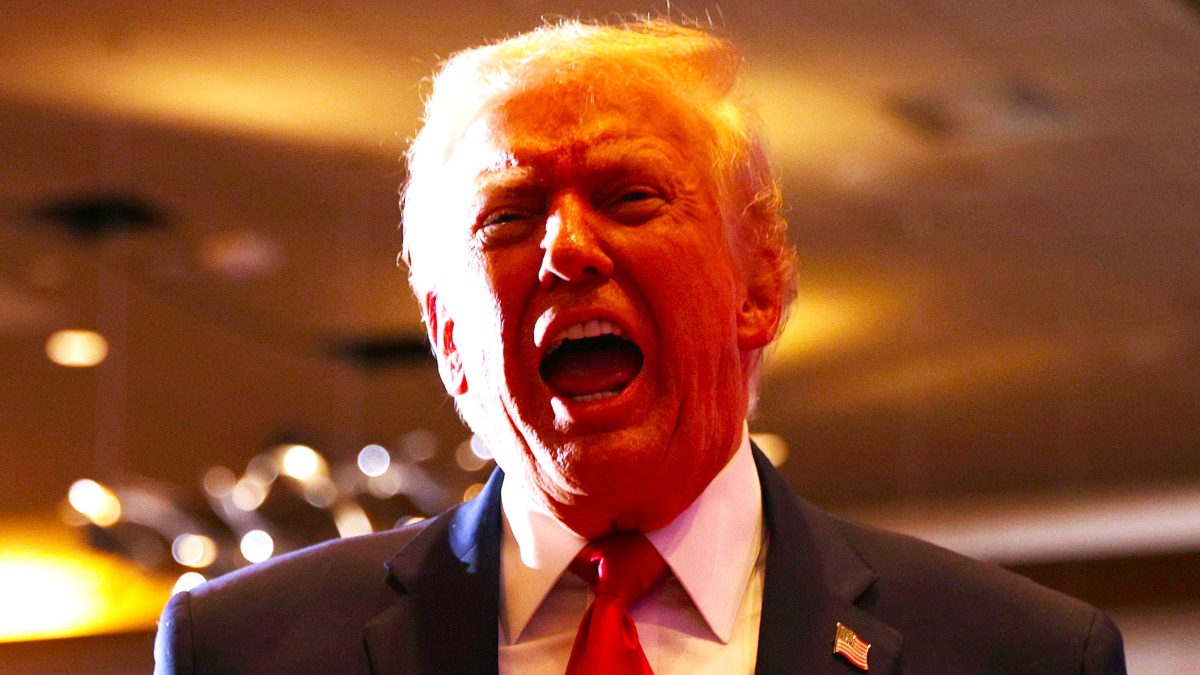

Published: May 31, 2024 05:07 am